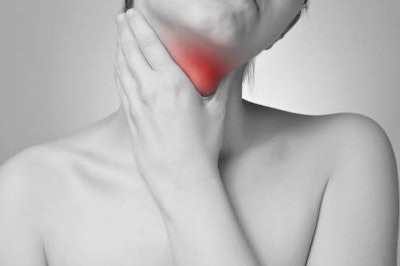
Because thyroid hormones decide how the body uses energy, according to the National Institute of Diabetes and Digestive and Kidney Diseases (NIDDK), it impacts just about every organ in the human body.
Hypothyroidism is the name for the condition when the gland isn’t producing enough hormones. Women are more likely to develop hypothyroidism, which can lead to fatigue, irregular periods, bruising and clotting problems.
What health problems are associated with hypothyroidism?
Hypothyroidism symptoms may include elevated cholesterol, fatigue, weight gain, joint and muscle pain, irregular periods, depression, fertility issues and slowed heart rate. Other symptoms, according to NIDDK, are: a puffy face, difficulty dealing with the cold, constipation, dry skin, dry and thinning hair, decreased sweating and goiter.
What causes it and how can it be treated?
There are many potential causes for hypothyroidism, including some medicines, Hashimoto’s disease, thyroid surgery and thyroiditis. Hypothyroidism is diagnosed by a thorough physical exam and blood tests. It’s treated, according to NIDDK, by replacing the thyroid hormones the body isn’t making through medication.
How does hypothyroidism impact pregnancy?
Hypothyroidism during pregnancy can be controlled with medication to prevent potential problems. These medicines are safe to take during pregnancy. In the worst case scenario, according to NIDDK, uncontrolled hypothyroidism during pregnancy may cause congestive heart failure, preeclampsia, miscarriage, premature birth and low birth weight.









